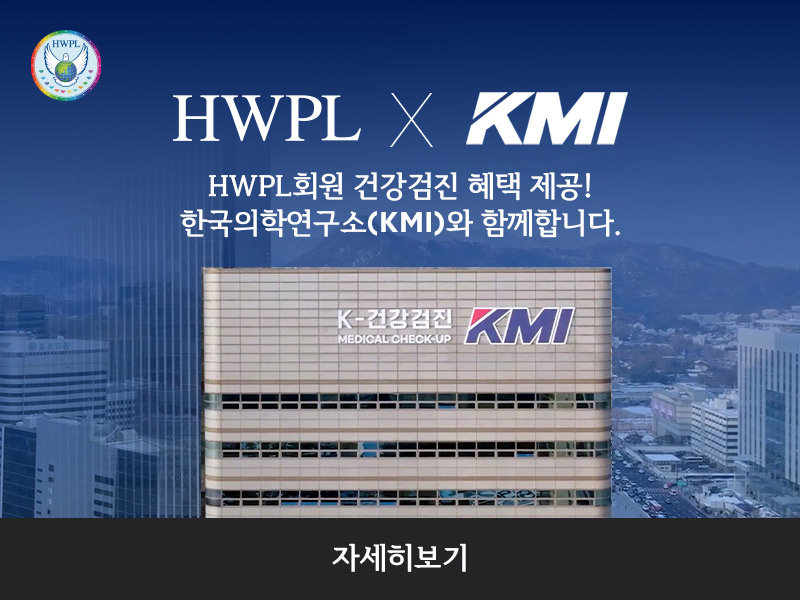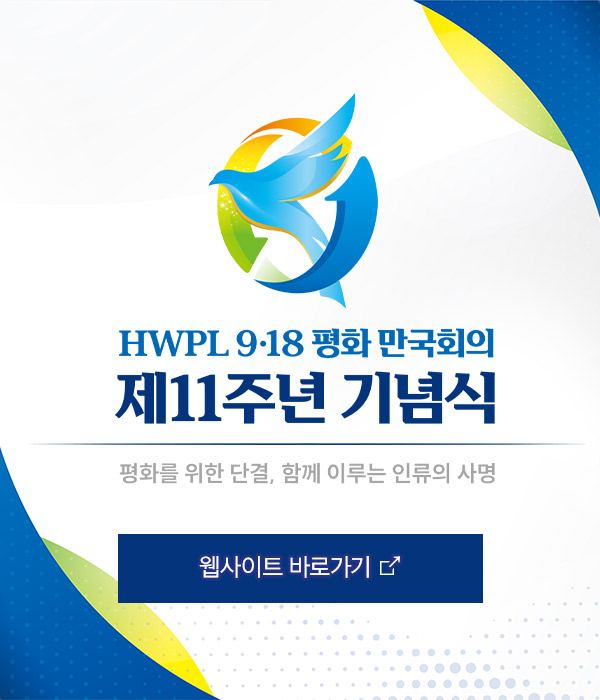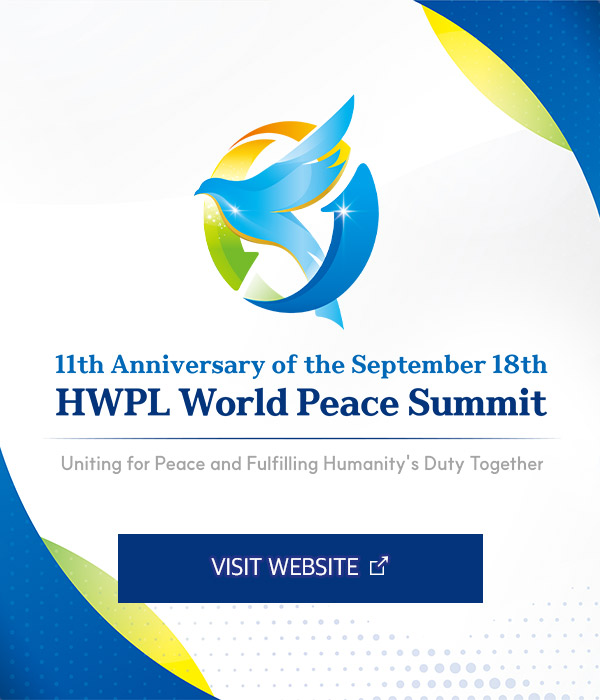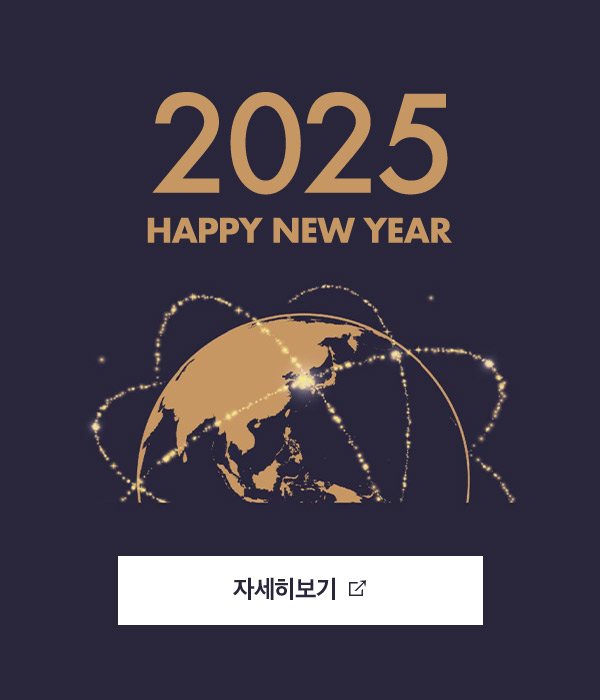2025 HWPL Global Peace Leaders’ Conference LP Program Panel Talk: Four Stories of Peace-Building Success – ①
Join us as we discover four key accomplishments that define the 11th Anniversary of the September 18th HWPL World Peace Summit through an engaging panel session.
Rt. Hon. Dr. Jemma Nunu Kumba, Transitional National Legislative Assembly of South Sudan

Q1. Could you share with us why you support the DPCW and HWPL peace initiatives, Madam Speaker?
A1. Distinguished guests, ladies and gentlemen, the Transitional National Legislative Assembly of the Republic of South Sudan has chosen to support and adopt the DPCW resolution for a simple but profound reason: our people long for sustainable peace. DPCW provides practical standards for ending conflict and building peace within institutions. Its principles align with the values of justice, human rights, and reconciliation enshrined in our Constitution, and they offer guidance for addressing the challenges we face today.
Even during months when the assembly was not in session, the Peace and Reconciliation Committee maintained continuous engagement with the HWPL team. In the first half of the year, the Committee held regular meetings to discuss and consolidate support for a DPCW-based resolution. As soon as the assembly convened in July, the Committee promptly initiated the legislative process.
Through these efforts, many Members of Parliament came to share the vision and supported the resolution. The proposal was formally submitted to the ABC Committee and is now actively being pursued in the Whole House for adoption. With full understanding, the President of the Republic of South Sudan, the former Chief Justice who has long cooperated with HWPL, and key national leaders have endorsed it, officially expressing South Sudan’s support.
The DPCW is more than a declaration; it is a promise that inspires hope. It strengthens the foundation for peace, opens paths for reconciliation, and fosters coexistence among our people. Moreover, it shows how South Sudan can contribute to peace and stability both regionally and globally.
The TNLA stands firmly in support of the DPCW and is committed to putting its principles into practice. This is our duty to our citizens and our mission to humanity.
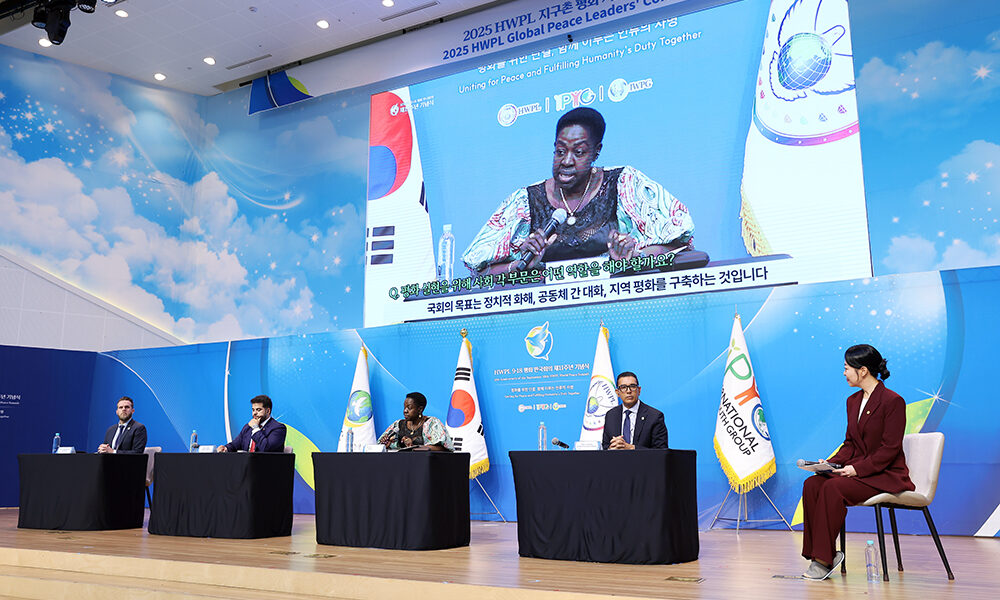
Q2. You said that the reason the South Sudanese National Assembly supported and adopted the DPCW was because the people desperately yearned for peace. So, what contributions do you think each sector of society should make to achieve peace?
A2. Resolutions like the DPCW remain words on paper unless all sectors take responsibility to make them real. The TNLA must ensure that peace principles are reflected in our laws and institutions. The government must uphold political agreements, and civil society must promote reconciliation and peace in daily life. When these efforts come together, peace becomes achievable. Our Assembly is focused on three priorities: strengthening political peace and reconciliation processes; promoting dialogue among diverse communities; and supporting grassroots, community-based peacebuilding. Through these efforts, we aim not only to secure sustainable peace in South Sudan, but also to contribute to the collective peace of humanity.


